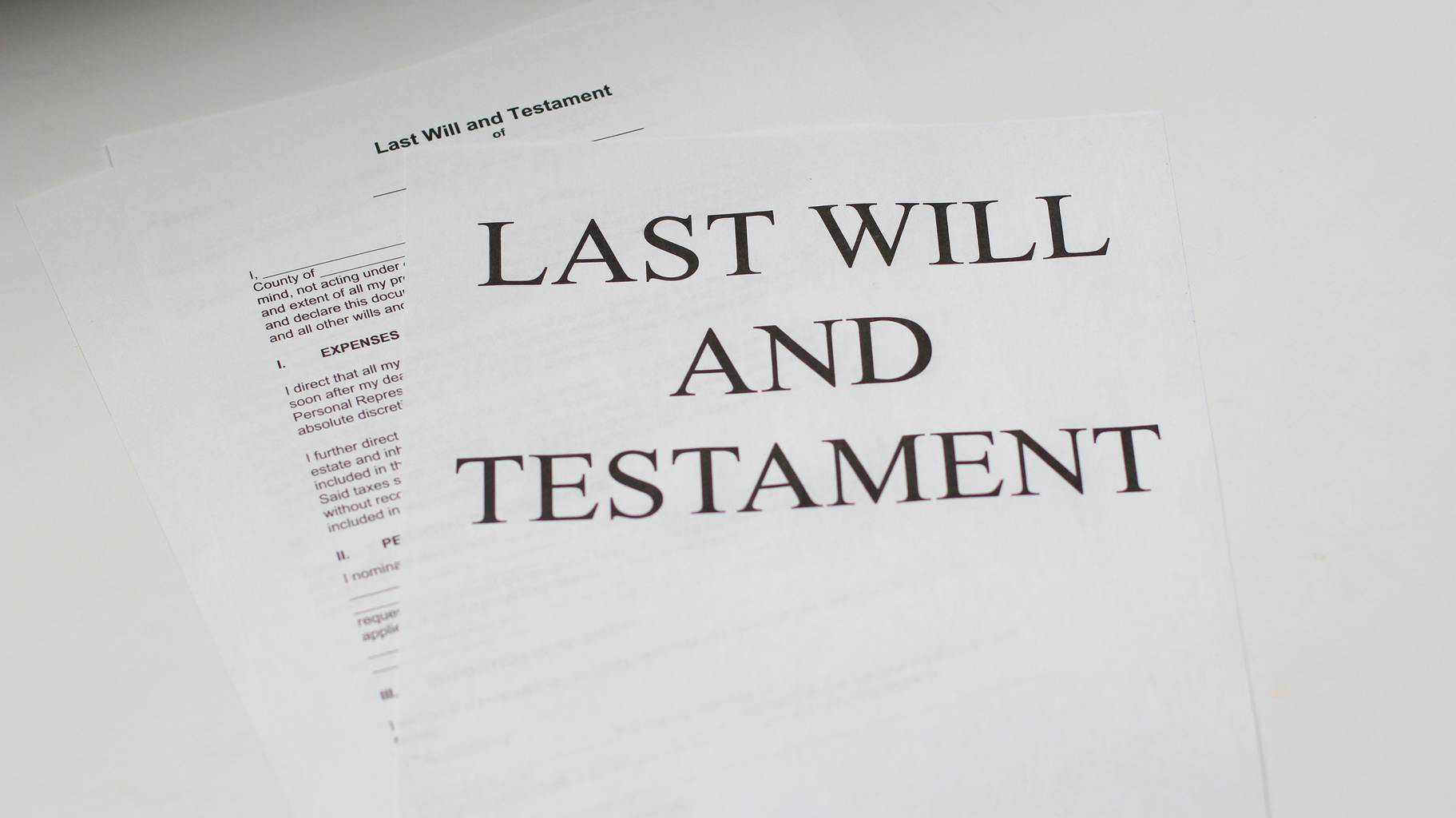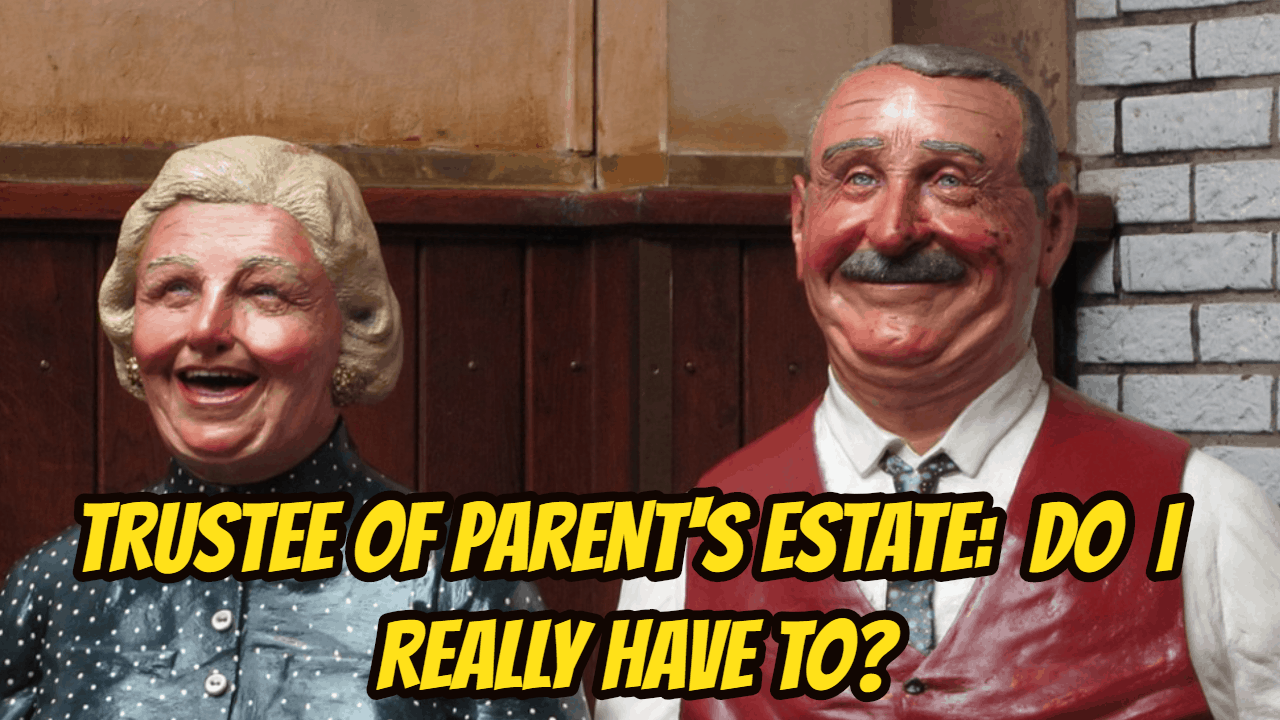If you would prefer to listen to the audio version of this Brandon’s Blog, please scroll down to the bottom and click on the podcast.
Estate trustee Introduction
One of the most popular Brandon’s Blog article is:
WHAT HAPPENS TO DEBT WHEN YOU DIE CANADA: ARE YOU FREE OF DEBT
That led me to start looking more deeply into deceased estate matters, past the insolvency issues. So a few months ago I wrote a series of blogs on estate trustee matters. The series of blogs are:
TRUSTEE OF DECEASED ESTATE: WHAT A TORONTO BANKRUPTCY TRUSTEE KNOWS
ESTATES ACT ONTARIO: TORONTO BANKRUPTCY TRUSTEE REVEALS HIDDEN SECRET
ADMINISTRATION OF ESTATES ACT CANADA: EASY FOR TORONTO BANKRUPTCY TRUSTEE TO DO
SUCCESSION LAW REFORM ACT OPPORTUNITIES FROM A TORONTO BANKRUPTCY TRUSTEE
In one blog I wrote how the duties and responsibilities of an estate trustee (formerly called either an executor or executrix) are very similar to the fiduciary duties and activities are undertaken all the time by a licensed insolvency trustee. In another, I wrote about the Court’s ability to remove and replace the estate trustee. In a third blog, I wrote about how all children are not fit to be an estate trustee.
A recent Court decision
I recently became aware of an Ontario Court decision about the removal and replacement of an estate trustee. The decision was handed down a couple of weeks after I wrote my blogs.
The recent decision is a very interesting case. Many of the issues I wrote about are all there. So, I thought it would be interesting to provide the information to you as it is a real-life example that actually took place, of many of the things I previously wrote about that could take place.
The case citation is Lanari V. Kay, 2019 ONSC 1506. It was heard in the Ontario Superior Court of Justice. The deceased was Patricia Anne Kay. She had eight children. Tragically, one daughter predeceased her. Of the seven remaining, in her will, three were appointed trustees. Along with the remaining four children, Ms. Kay’s granddaughter, the child of her dead daughter, was asserting that she was entitled to be a beneficiary.
The Applicant
The applicant insists five reasons to get rid of the estate trustees: (1) conflict of interest; (2) misbehaviour, violation of trust fund as well as violation of fiduciary responsibility; (3) animosity between the trustees; (4) conflicts between the trustees and the beneficiaries; and (5) delay and wastage of the assets.
The respondents
The trustees insist that:
- Any kind of conflict of interest can be relieved by guaranteeing the trustee with a conflict will not take part in any decision making in connection with the matter or thing where there is that conflict.
- There is no displeasure between the trustees, and there never was.
- Any bitterness between trustees and beneficiaries is not a sufficient ground to get rid of trustees.
- There has been no significant hold-up in the management of the estate and they have properly provided the necessary disclosure.
- From a functional viewpoint, the elimination of current trustees will increase expenses in this modest estate.
The Trustee Act
As I discussed in my earlier blogs, under the Trustee Act, R.S.O. 1990, c. T. 23 (the Act), the court can remove trustees and select brand-new trustees.
The basic concept adhered to in an estate and trust matter by the Court for removal applications like this one is that a Court will not easily remove an estate executor, executrix or trustee picked by the testator. Nevertheless, where there is a clear instance of conflict of interest, elimination is a suitable course of action. The well-being of the beneficiaries has to be an important factor to consider. Also, conduct by the trustee that jeopardizes the estate property or that reveals a lack of honesty or absence of proper ability to carry out the trustee’s duties and obligations are a basis for removal.
The Judge and his ruling
Therefore, the Judge kept in mind that the estate trustees have actually insisted in written documents that the estate might lack sufficient property to disperse if estate litigation continues. He found that the trustees’ activities have actually resulted in unnecessary litigation. The significant legal costs which have actually been sustained are partly due to the unreasonable positions taken by the trustees. This was a major variable to think about.
The Judge stated that:
- Bitterness between a beneficiary and a trustee might not be sufficient to cut a trustee.
- When that displeasure influences the management of the estate, it is a significant problem.
- If the animosity has actually been created by the failure to supply disclosure, it increased the time spent by the respective lawyers on behalf of the trustees and the beneficiaries.
- The additional time spent as a result of the lack of disclosure is matched by a matching boost in legal costs which might be the obligation of the estate.
The Judge felt that the problems in this situation have and remains to raise the costs associated with the estate management. He additionally stated that bitterness between the trustees might also exist.
Ultimately, the Judge determined that he was satisfied that the estate trustees have to be removed and he ordered that. The Judge assigned an independent person as the alternative estate trustee and approved a specific hourly rate to be billed by the brand-new trustee. Trustee compensation, just like that of a licensed insolvency trustee acting in Court matters, is subject to taxation by the Court.
Finally, the Judge referred to the various other disputes between the parties back to the Judge seized with this estate litigation.
Our role in estate matters
As I mentioned in one of the earlier blogs, my Firm had successfully completed a mandate as Court-appointed Estate Asset Manager. In that file we had to find common ground between two beneficiaries who could not agree on anything. We were able to do that. So, on consent, our plan to prepare for sale and then sell the assets and distribute the cash to the beneficiaries, on consent, was done. Our fee and that of our lawyer was also approved by the Court without any objection from the beneficiaries.
We were recently appointed by the Court in another estate matter. We will be receiving funds from a party purchasing the only real asset in the estate and attempting to find a missing beneficiary. Based on the results of our hunting, we will then prepare a distribution plan for the Court to approve.
As I have previously written and state above, a licensed insolvency trustee is an officer of the Court. We have the necessary skill set to act as either an estate trustee or perform many potential roles in estate matters. This is in addition to our normal work in the insolvency field.
If you are involved in a messy estate matter, call the Ira Smith Team today. We work cooperatively with lawyers and other professionals.
As a licensed insolvency trustee, we are natural problem solvers. We will be able to create a plan unique to your circumstances so that we can end the pain, stress and anxiety that you are feeling. This will allow you to reduce your overall costs and return to living a stress-free life.
Call the Ira Smith Team today for your free consultation. We will reduce your overall costs and end your pain points, Starting over Starting Now.


